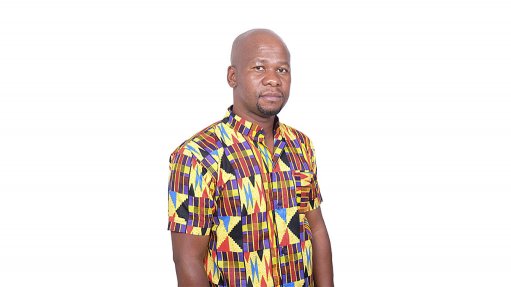
Lazarus Tshwari
The South African government, last month, implemented a nationwide lockdown to ‘flatten the curve’ and lower the communal spread of Covid-19, during which it is using the lockdown period effectively by increasing mass testing, screening and contact tracing, to understand how the virus is spreading in communities. Once people test positive for the virus, the tracing team start searching for contacts, those people would be tested, and everyone who tests positive will be isolated.
In a national address on Tuesday evening, President Cyril Ramaphosa announced the economic and social measures that the country is taking, and he revealed that more than 2-million people have been screened in communities across the country and, of these, over 15 000 have been referred for testing.
This marks a drastic increase in the past weeks, indicating that government interventions in the testing and screening of potential patients are showing results. This was supported by World Health Organisation (WHO) executive director Dr Michael Ryan addressing media on Wednesday in Switzerland saying, “It is interesting the way in which South Africa is bringing the disease under control… This strategy in South Africa was based on preparation, primary prevention, lockdown and enhanced surveillance. 67 mobile lab units around the country, 28 000 community health workers trained in case detection and over 120 000 test completed with 2.7% positivity rate, which is incredible.’’
South Africa is learning from South Korea which was able to reduce the size of its coronavirus outbreak and flatten the curve because of early mass testing, contact tracing and isolation, along with other physical distancing strategies. Compared to that, countries that didn't start testing and tracing earlier had a harder time of reducing the number of daily new coronavirus cases.
South African Health Minister Dr Zweli Mkhize last month emphasised that rather than waiting for patients to come to hospital, government would go out and find people. He said this after launching 67 mobile testing units which were distributed throughout the country in the fight against the Covid-19.
According to Floyd Olsen the project manager at the National Health Laboratory Services (NHLS) in South Africa, the 67 mobile units comprise two types of vehicles: one used for screening patients and swabbing for Covid-19 specimens; and another for screening, swabbing and testing.
The NHLS has the capacity to process 36 000 tests a day.
South Africa has so far reported 3 635 infections and 65 deaths. The total number of tests conducted is 133 774, of which 6 868 were done in the last 24 hours.
As we are waiting in anticipation on whether President will extend the lockdown or slowly reopen the economy, we must remember that we have the largest number of people living with HIV in the world and medical professionals have warned that people living with HIV and who are not on treatment may be at a greater risk to contracting the coronavirus.
We must also look closer at the resurgence of the virus in South Korea, China and Japan. What will be the point to rush back to work, only to lockdown again?
Dr Mkhize called on us all to remain vigilant and not become complacent, despite the current results. We cannot be complacent. There will not be a warning when the situation changes. We must always have our foot on the pedal.
Written by Lazarus Tshwari, Analyst at Critical Media